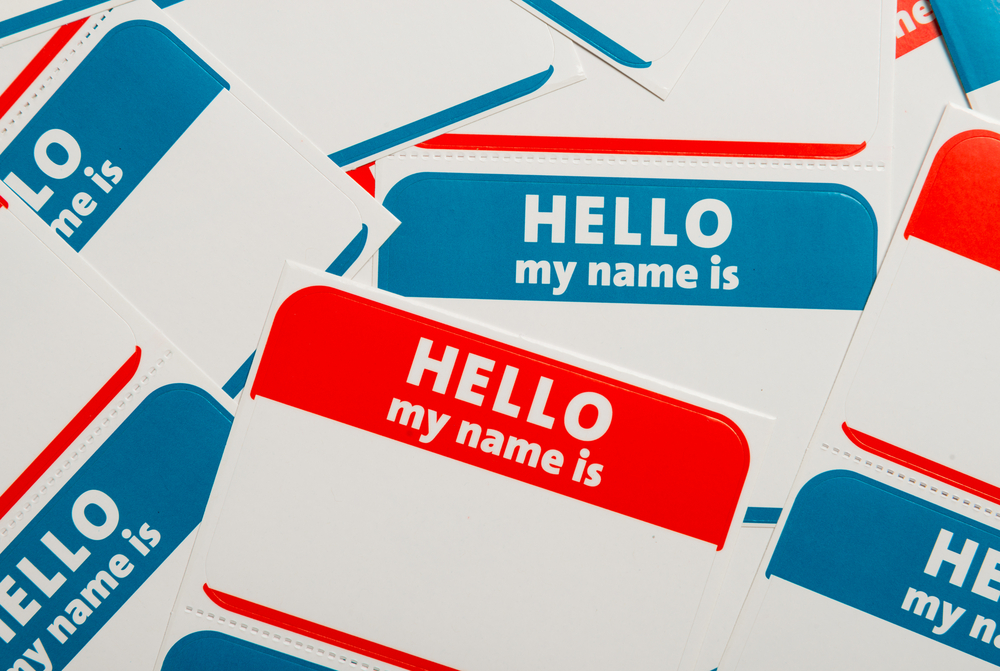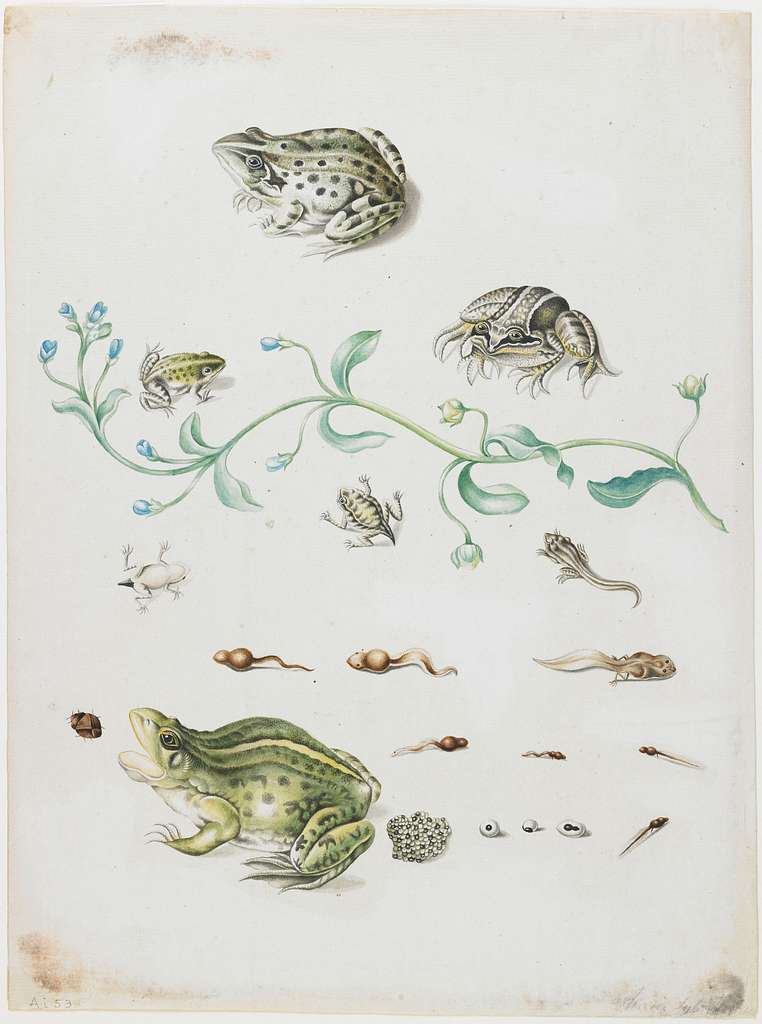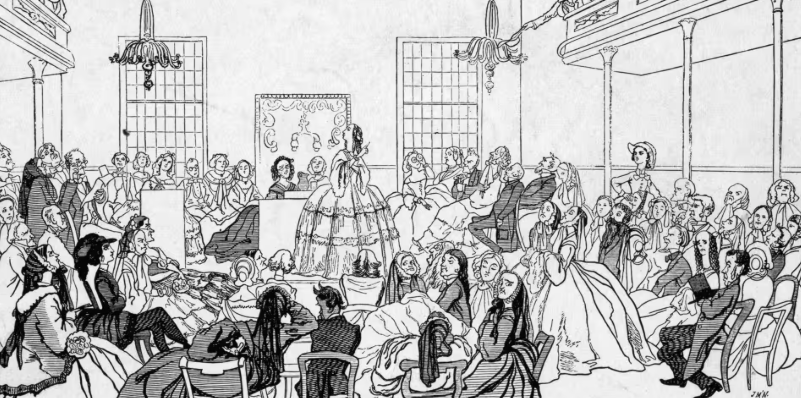The dreaded silence after “Desmond” tells me it’s here. I embrace myself for the attack.
“Last name Kim?”
I can’t control it: my face turns red as I whisper a small, “Here.” I squeeze every bit of my strength to swallow the vomit of embarrassment. I glare at the substitute, but then our eyes meet, and I feel his “sorry” through his eyes. I lower my gaze down. After all, it isn’t his fault. “Yeonsoo” is just impossible to pronounce in a country full of blue-eyed Olivias and Henrys.
My curse began with an old man. My parents had paid 500 dollars to him for my name, all because he was a famous name giver in Seoul. The moment he declared me as “Yeonsoo,” a curse wrapped its dark body around me. Every other tongue would fear to call my name.
I was forced into Uncle Sam’s arms in 2015 by my mother, who always longed for the American Dream. Uncle Sam kindly introduced me to his people: blonde hair or chocolate skin aliens called “Hannah” or “Lucas.” Their abnormally large eyes and a dash of freckles stirred an urge in my heart to take a picture of them. Standing next to these aliens made me stand out. I was the only one with yellow skin and monolid eyes. I was the only one who didn’t know what “poem” meant or how to pronounce “apologies.” But above all, I was the only one whose name was stolen. In my teacher’s attendance sheet, “Yeonsoo” was crossed out in a black puddle of ink. Next to the mess, “Esther” was neatly written.
“We need English names because Americans can’t pronounce our Korean names.”
That was what my English teacher in Korea told me after we had finished our lesson. The next day, she named me “Esther.” That would be my name during our one-hour tutor sessions when we would speak in English. Little did I know that in a few months, “Esther” was going to be my name 24/7. Uncle Sam spoke English, so how can he talk to me when he can’t pronounce a Korean name? The only time “Yeonsoo” showed up was on the attendance sheet. That sheet proved that “Esther” was Korean, whose name Americans can’t pronounce.
I’ve noticed that seven out of ten teachers or substitutes would call me “Last name Kim?” instead of “Yeonsoo.” They would all have the same facial expression: frowning eyes, arched eyebrows, and a half-open mouth. After a long hesitation and several “uh… um…,” they would ask, “Last name Kim?” Why do they not call me by my name? Why do they call me a sentence instead of a name? It’s because of my curse. My curse injects fear of mispronunciation into those adults’ tongues. It hypnotizes them on how their mispronunciation will embarrass or offend me. They’re not wrong. On rare occasions when a teacher or a substitute attempts to call me “Yeonsoo”, it ends up as “Yinsoo,” “Yeonosu,” or even, “Yvette.” When this happens, part of my heart sighs in frustration and embarrassment. But the other part of my heart smiles. They called me “Yeonsoo” and not “Last name Kim?”. They called my name. They didn’t resist my curse. Instead, they fought against it. Spitting out my curse’s fear, hesitation, and silence, those voices acknowledged me. I am not “Last name Kim”. I am “Yeonsoo.” So dear Uncle Sam, please know that I am “Yeonsoo” and not “Last name Kim?”












